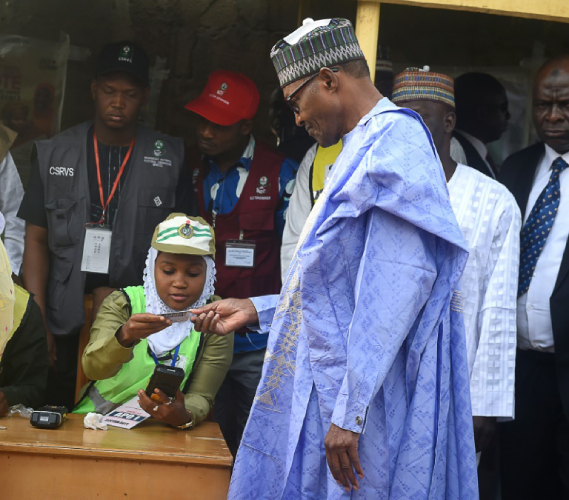
Elections in Nigeria mirror its chaotic society. In its six decades of independence, the country has been marred with military coups, endemic corruption, economic instability and secessionist movements.
In Saturday's polls, Nigeria's 73 million voters had an opportunity of choosing their president from a pool of 70 candidates. This after the election was postponed on February 16 barely hours to the start of voting, with its electoral commission claiming that certain logistics had not been cleared. Interestingly, days before the surprise announcement, Independent National Electoral Commission, INEC, was waxing confident that it was ready for the polls.